Don't wanna be here? Send us removal request.
Text
Family meetings

116 notes
·
View notes
Text
Describing the other patients to your friends

64 notes
·
View notes
Text
Overcoming Invalidation
Invalidation communicates that your thoughts, beliefs, values, or appearance are wrong or incorrect. When thinking of invalidation, it’s important to remember the possibility of it being dialectical: it can be both helpful and painful.
When is invalidation helpful?
When it corrects unfactual information and/or mistakes
When it opens your mind to other perspectives and boosts personal growth
When is it painful?
When you’re being rejected or neglected
When something factual in your life is being denied or overlooked
When personal experience is trivialized or disregarded
When someone treats you as less than equal
When someone repeatedly misunderstands you
When someone misreads your intentions or misinterprets your actions
When you’re telling the truth and others don’t believe you
So, what do you do when you’re invalidated?
Validate yourself the same way you would validate a loved one.
Check the facts. Are your responses to the situation in line with the facts?
Check with someone else whom you can trust to validate the valid.
If your response doesn’t fit the facts, acknowledge this.
Also, acknowledge when your reactions make sense and are valid.
Work to change any invalid thinking patterns, actions, or statements.
Remember that blaming a person rarely helps and try to let go of blame.
Be compassionate towards yourself. Practice self-soothing.
Drop judgmental self-statements and practice opposite action.
Remember: all behavior is caused. Also, remember that you are doing the best that you can do at any given point in time.
Admit that it’s painful to be invalidated by others (even if it’s right).
Remember that being invalidated, while painful, is rarely a catastrophe.
Enter a supportive environment.
Grieve any traumatic invalidation and whatever harm may have resulted.
Practice radical acceptance of those who have invalidated you.
2K notes
·
View notes
Text
Being able to catch a lapse and get back on track before it turns into a relapse

158 notes
·
View notes
Text
When an extended family member asks how I’ve been

196 notes
·
View notes
Text
When you're making all this progress in recovery and then...

2K notes
·
View notes
Text
When my therapist asks, so“what do you want to work on today?”



1K notes
·
View notes
Text
My attitude toward coping skills some days:

765 notes
·
View notes
Text
Having a week without therapy.
At the beginning of the week

By the end

865 notes
·
View notes
Text
When you admit to your "close" friends that you've relapsed and they react like:

810 notes
·
View notes
Text
When I recognize a therapist trying to use a tactic that past therapists have used with me:

2K notes
·
View notes
Text
When someone thinks it's okay for them to joke about your mental health because you do:

988 notes
·
View notes
Text
When you catch yourself starting to cry in public

1K notes
·
View notes
Text
When I’m discussing a relationship with my therapist
and she starts focusing on the other person, I’m like:

1K notes
·
View notes


